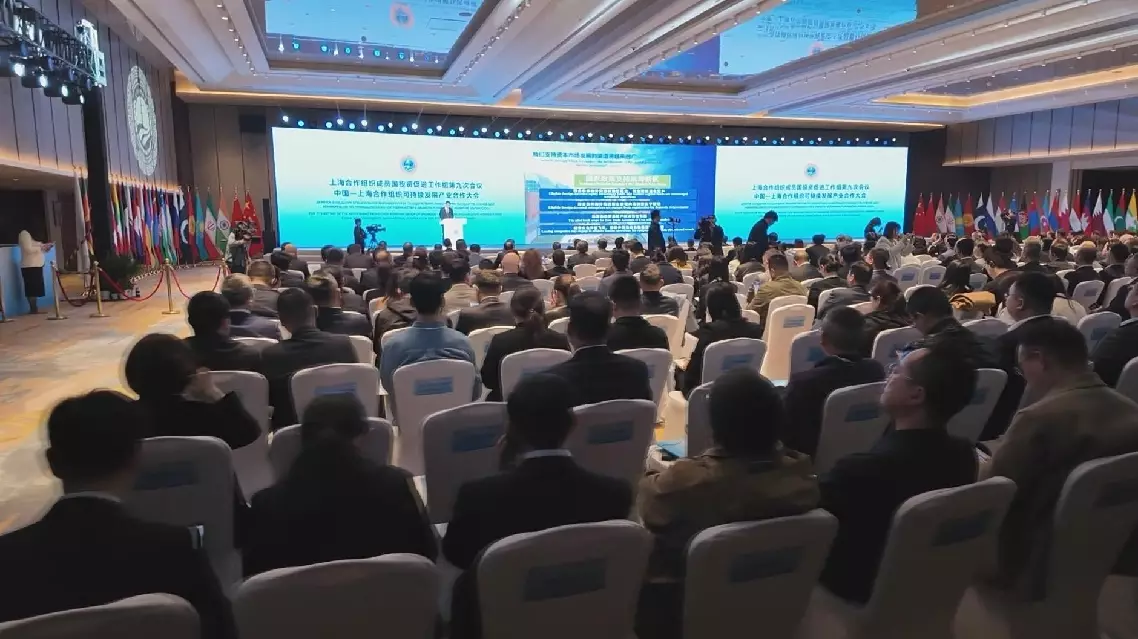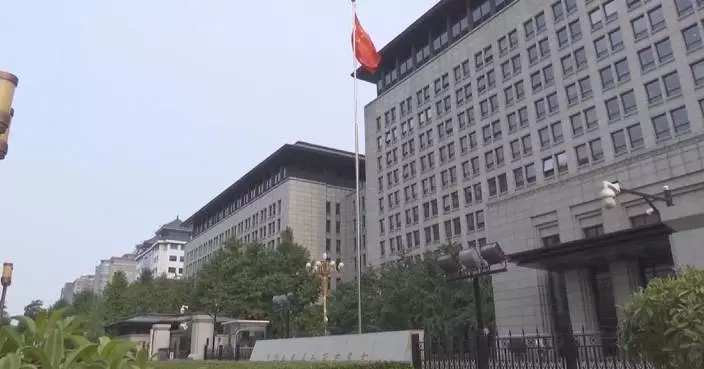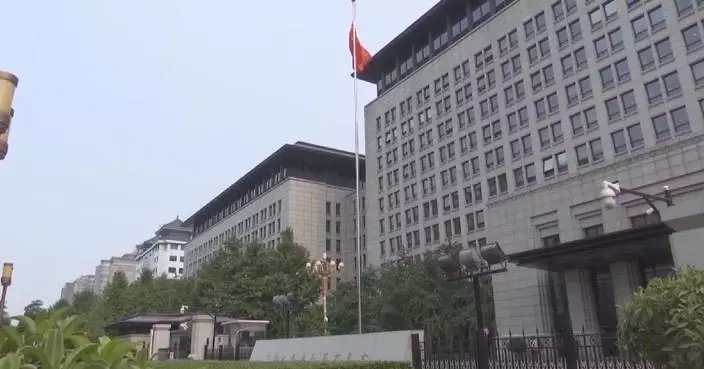China's foreign investment policies are empowering biomedical enterprises to expand domestically and globally.
The China Council for the Promotion of International Trade (CCPIT) held a Foreign Invested Enterprises Tour of south China's Guangdong Province on Wednesday, presenting business opportunities as well as the country's consistent policies for further opening up in a world wracked by economic uncertainty.
China continues to welcome foreign investment, and its biomedical sector, including pet healthcare, is set to grow and expand.
Joey Yeo is among hundreds of international business leaders on the tour. As the founder of two pet healthcare startups in Shanghai, Joey leverages China's pro-foreign direct investment (FDI) measures.
"I think the openness with the local government and the business district has been very fruitful," said Yeo, CEO of HEAL Management Group.
With streamlined approvals and regulatory guidance, Yeo's company plans to scale operations across multiple cities.
"Not just Shanghai, but we used to see other cities as well coming to us and asking us, giving us more opportunities and more understanding how we can actually set a bigger landscape," he said.
Yeo's story reflects broader trends - China's FDI policies have reduced entry barriers, while banks like Bank of East Asia (BEA) offer tailored financial solutions.
"I don't think any multinational company or foreign investors can ignore the huge market capacity, the huge potential of greater China. So we are going through the fintech transformation and by adapting AI, big data, block chains - those kind of technology, we can better help those SMEs in need," said Bi Mingqiang, CEO of BEA(China).
As China prioritizes openness, biomedical firms and financial institutions are forging a symbiotic growth model, proving resilient in a fragmented global economy.

Biomedical companies thrive under China's FDI policies




















































